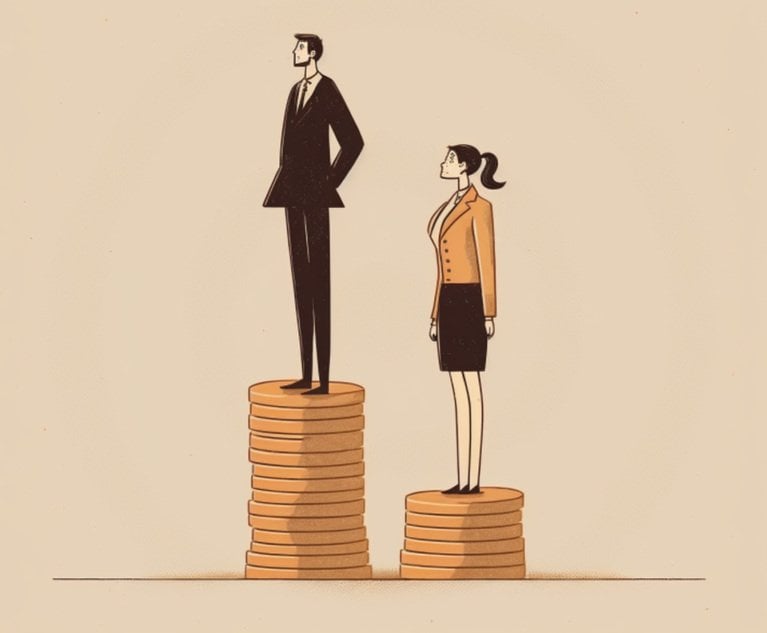One of the most common and vexing issues faced by employers is whether workers are employees or independent contractors. It is a consequential issue in respect of taxes, benefits, legal obligations and protections, such as the applicability of non-discrimination laws. It is a widely applicable issue to so-called gig and traditional employers alike. It is a complex issue, especially for national employers, as differing definitions of an independent contractor may be applied depending upon the jurisdiction and the purpose. For example, a worker who is properly treated as a contractor for taxation purposes under the Internal Revenue Code might nonetheless be an employee for purposes of state law workers’ compensation coverage. It is also an evolving and controversial issue, as legislators and regulators consider limiting the circumstances under which a worker may be deemed a non-employee, and all concerned grapple with how existing rules may be applied to the new era of remote and hybrid employment.
Our Supreme Court recently entered the fray with its decision in East Bay Drywall LLC v. Department of Labor & Workforce Development (A-7-21, Aug. 2, 2022), in the context of New Jersey’s Unemployment Compensation and Temporary Disability Laws. Following the national trend disfavoring independent contractor status and harkening back to prior decisions, a unanimous court required exacting proof under the ABC test and found all of the workers in question to be employees. Its decision provides useful guidance to employers, but leaves one significant question unanswered.


 Photo: rsaulyte/iStockphoto.com
Photo: rsaulyte/iStockphoto.com




